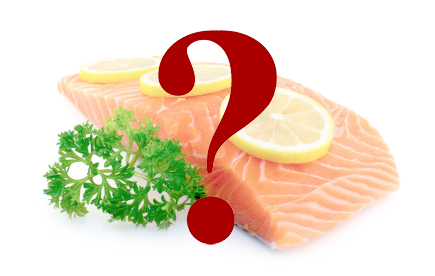Rapid Salmon ID Test the Latest in Fraud Prevention


Two rapid test kits have been launched for the identification of salmon species: Chinook (Oncorhynchus tshawytscha) and Sockeye (Oncorhynchus nerka). The tool kits were developed in collaboration with the University of Guelph and allow distributors, food processors and government regulators to positively identify the salmon species in less than two hours.
Recent studies have revealed that a significant amount of the salmon sold in the United States is mislabeled.
The test kits are used in conjunction with a portable, real-time PCR system that provides DNA detection. The tools are part of the Instant ID Species product line from InstantLabs, which include seafood identification tests for Atlantic (Salmo salar) and Coho Salmon (Oncorhynchus kisutch as well as Atlantic Blue Crab (Callinectes sapidus) and U.S. Catfish (Ictalurus species).
Related Articles
-
Achieving complete traceability is a must to combating seafood fraud. How is industry getting there?
-
Oceana’s latest study finds a high rate of mislabeled salmon.
-
The company has broadened species identification product line created in partnership with University of Guelph and plans to release additional test kits during the year.
-
Economically motivated adulteration of food costs billions, but a price tag cannot be placed on the loss in consumer confidence.
-
If you really want to know whether your $200,000 bottle of wine is worth every penny, you should explore using isotope ratio mass spectrometry for authentication.
-
Food manufacturers, processors and suppliers should sharpen their contamination-detection capabilities, if they haven’t already.
-
Part II of a discussion on preventing food fraud looks at proactive measures that companies can take.
About The Author
Food Safety Tech Staff
Innovative Publishing Company, Inc.
The Food Safety Tech staff consists of freelance journalists and industry contributing writers with decades of experience in covering food safety issues under the categories of compliance, food laboratory and manufacturing processes and technologies, foodservice and retail, regulations and sustainability.
You can contact our writing staff via our Contact Page
